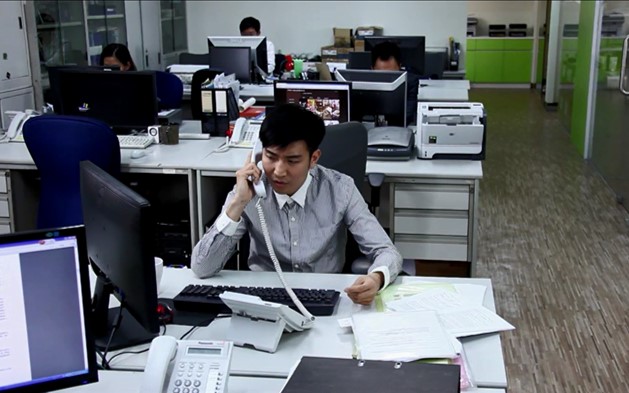
Leakage of Tender Information
A senior manager of a company was responsible for processing tenders submitted by contractors to bid for the company’s construction and renovation projects. There was no deadline for submission of tenders for some projects and the senior manager was solely responsible for opening the submitted tenders. Over a prolonged period, the senior manager, together with a director of another company, conspired to solicit and accept tens of millions of dollars from a number of potential contractors. In return, the senior manager provided the colluded contractors with confidential tender information submitted by other contractors in relation to the projects. As a result, the colluded contractors could submit favorable tenders (e.g. the tender price was just slightly below the second lowest price if price was the only consideration) and obtain the contracts from the company.Offences Committed
Case in Perspective
In this case, the senior manager of the company did not specify the deadline for submission of tenders. In addition, he opened the submitted tenders alone and leaked confidential tender information to colluded contractors. To prevent such malpractice from taking place, the company should lay down appropriate procedures and safeguards. For example,
(a) specify the mode of submission of tenders (e.g. electronic submission, depositing into a tender box) and the deadline (including date and time) for submission.
(b) adopt an electronic system barring access to the tenders before the closing time; or use a secure and double-locked tender box with the two keys kept by different staff members.
(c) prohibit opening of the tenders before the deadline and assign a team comprising more than one staff member to open the tenders shortly after the closing time.
(d) keep proper records of all tenders received and place the duplicate copies of tenders, if any, in the custody of an independent staff member who is not involved in the procurement process to facilitate future audit/reference.
The case involved substantial bribe money and lasted a lengthy period which constituted a serious breach of trust. Deterrent sentences were therefore imposed to serve as a clear and serious warning to other potential offenders.




